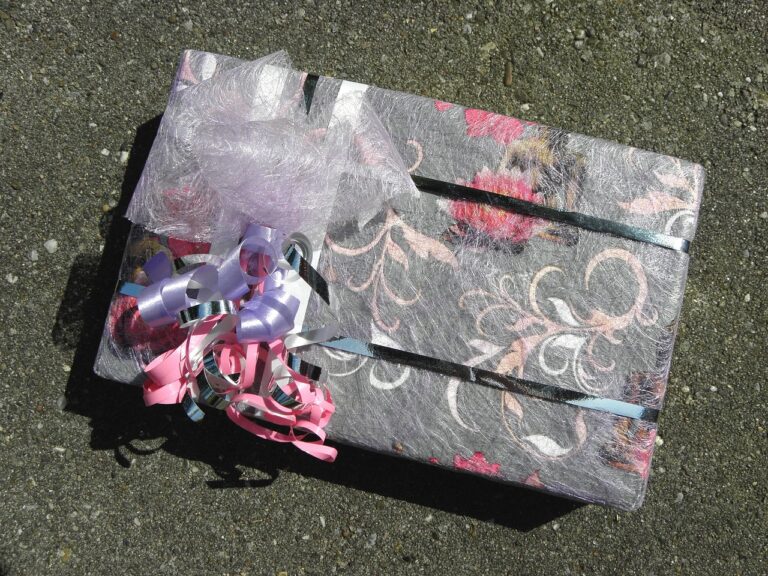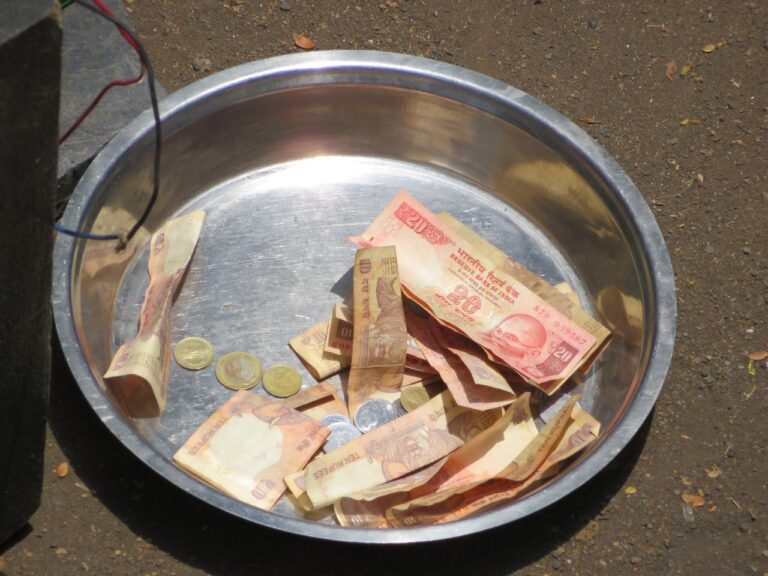Incorporating Sustainable Practices into Your Laundry Routine
golden exchange, cricbet99, king567: Laundry is a task that most of us do regularly, but have you ever stopped to think about how sustainable your laundry routine is? Incorporating sustainable practices into your laundry routine can have a positive impact on the environment and help reduce your carbon footprint. In this blog post, we’ll explore some simple tips for making your laundry routine more eco-friendly.
Choosing eco-friendly laundry products
One of the easiest ways to make your laundry routine more sustainable is by choosing eco-friendly laundry products. Look for detergents that are made with natural ingredients and are free from harmful chemicals. There are many environmentally friendly options available on the market today, so you can easily find a product that suits your needs.
Washing in cold water
Did you know that washing your clothes in cold water can help save energy? Heating water accounts for a significant portion of the energy used in the laundry process, so switching to cold water can make a big difference. Not only is washing in cold water better for the environment, but it can also help preserve the colors and fabrics of your clothes.
Air-drying your clothes
Another simple way to make your laundry routine more sustainable is by air-drying your clothes. Instead of using a dryer, hang your clothes on a clothesline or drying rack to dry naturally. Not only does air-drying save energy, but it can also help extend the life of your clothes by reducing wear and tear from the heat of a dryer.
Using reusable laundry bags
Instead of using single-use plastic laundry bags, opt for reusable laundry bags made from natural materials like cotton or hemp. These bags are not only more sustainable but also more durable and can be used for many years to come. Plus, they can help reduce the amount of plastic waste that ends up in landfills.
Avoiding overuse of laundry detergent
Using too much laundry detergent not only wastes product but can also be harmful to the environment. Follow the instructions on the detergent packaging and use only the recommended amount for each load of laundry. You may be surprised to find that you don’t need as much detergent as you think to get your clothes clean.
Upcycling old clothes
Instead of throwing away clothes that are no longer wearable, consider upcycling them into something new. You can turn old t-shirts into cleaning rags, repurpose jeans into a DIY tote bag, or create a quilt out of old fabric scraps. Upcycling is a great way to reduce waste and give new life to old items.
FAQs
Q: Can I use vinegar as a natural fabric softener?
A: Yes, vinegar can be used as a natural fabric softener. Simply add a small amount to the rinse cycle to help soften your clothes without the use of synthetic chemicals.
Q: How can I remove stains without using harsh chemicals?
A: There are many natural stain removers you can use, such as baking soda, lemon juice, or hydrogen peroxide. Simply apply the natural stain remover to the stain, let it sit for a few minutes, then wash as usual.
Q: Is it better to wash full loads of laundry or small loads?
A: It is more energy-efficient to wash full loads of laundry instead of small loads. By washing larger loads, you can reduce the number of wash cycles and save water and energy.
Incorporating sustainable practices into your laundry routine doesn’t have to be difficult. By making small changes like switching to eco-friendly products, washing in cold water, air-drying your clothes, and upcycling old items, you can reduce your environmental impact and create a more sustainable laundry routine.







